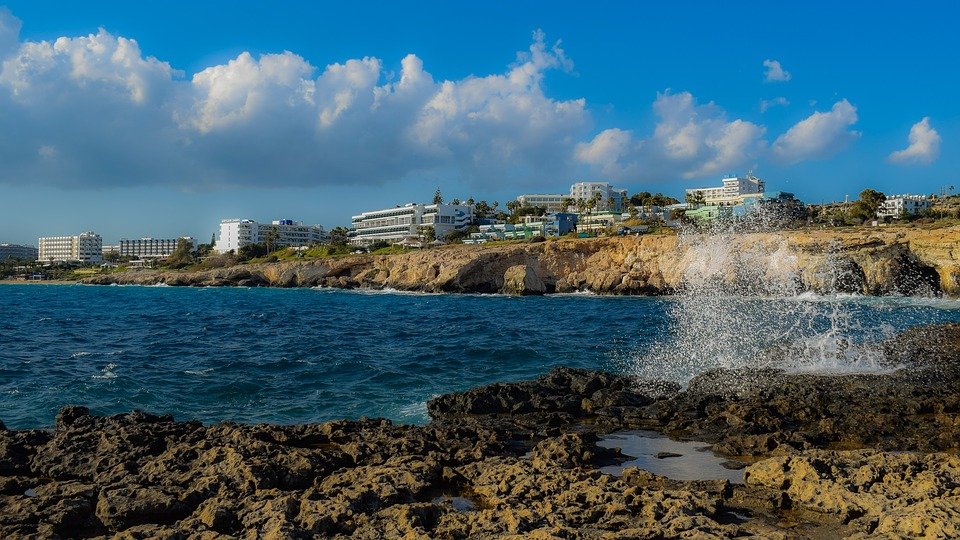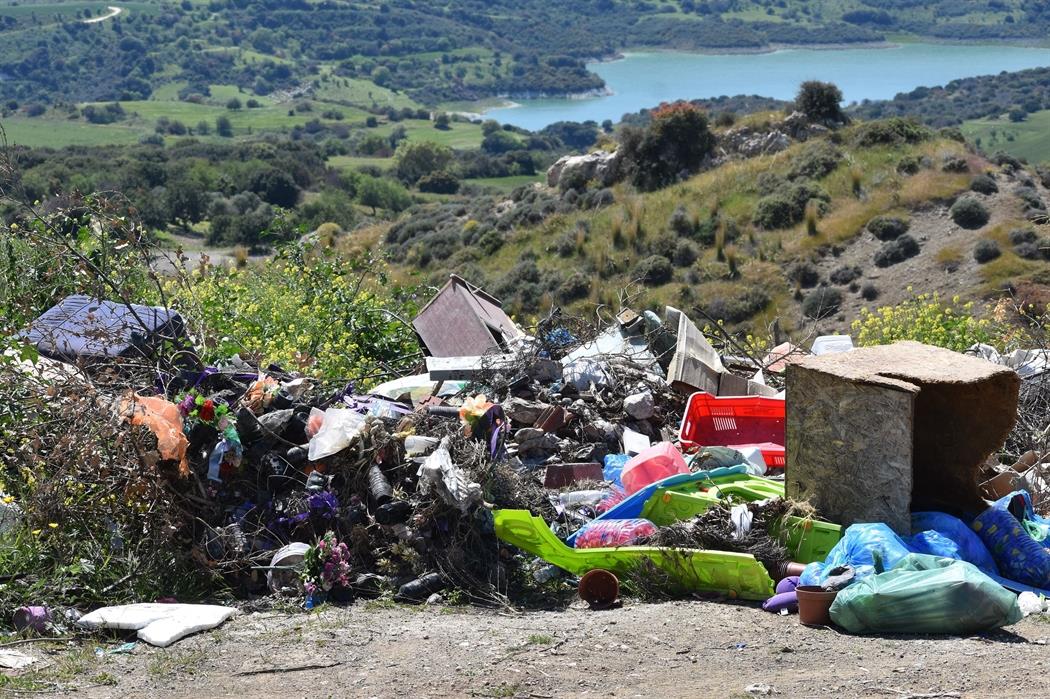The state of the wilderness of a country, is a reflection of its citizens’ moral compass
By Constantinos Antoniou
An alternative and rather more targeted version of Mahatma Gandhi’s renowned quote “The greatness of a nation and its moral progress can be judged by the way its animals are treated”, would be “The state of the wilderness of a country, is a reflection of its citizens’ moral compass”.
‘Our’ perception of wilderness in Cyprus is summed up by the selection of the words ‘expendable’, ‘of no significant value’, ‘possibly profitable’, ‘undeveloped’, ‘insignificant’ and so on. It is sad but true that, even in the age of information, few on this island are willing to invest time and effort in appreciating what little we have left of what once was a unique and unspoiled Mediterranean ecosystem.
People’s perception is reflected directly in how they interact with the wild, which cannot talk back, fight back, report you or complain. When interacting with the wild in any way, whether it’s by throwing a soda can out of a car window or picking up an injured bird and alerting the authorities, in that particular moment your only drive to act is your environmental consciousness or the lack of it.
So what drives people’s perception, what shapes its environmental consciousness, what defines the future of the wilderness and subsequently the wildlife on our little water surrounded rock? We follow examples that are set either by the previous generation, by our society, by the people around us and inevitably by the authorities. Our lack of ability to care about the very little nature we have left is either attributed to the fact that we never got to know it well enough because we didn’t have the right stimuli at the right age, or our morals can actively ignore the knowledge we possess and prioritise temporary pleasures at nature’s expense. Both are detrimental to nature, society and the future generations in multiple ways.
In Cyprus, the island with thousands of churches and holy places to express our belief in God, the fair creator of man and nature, we seem to have failed to appreciate or even acknowledge what the above statement stands for. It seems our worldwide ranking of churches per square kilometre, correlates directly with our worldwide ranking of corruption rather than our appreciation and love for nature. Some blame our social anarchy on our turbulent history, overlapping conquerors and religions, mixed populations and ethoses eroding the fabric our society’s moral code. Others attribute it to lack of punishment, a privilege provided by the closed circles of authority and power on such a small island. Whatever the reason, this lack of consciousness is cultivated and propagated by the fact that we don’t address it and act accordingly.
When the average citizen feels that they have to cheat the system in order to achieve what should be a given, or to exercise fundamental rights, it is only inevitable to consider cheating a survival tool and not a sin or an immoral act. When cheating is accepted by society as a skill used to climb the ladder of success in a rotting system, then the act itself is accepted more broadly and the tolerance for immoral acts grows amongst the population.
In this society, where immoral acts are ‘OK’ and where the law will most likely look the other way it is rather easier to throw a soda can out of the car window, because most likely the driver behind you shares the same values. In this society, actively going out of your way to do good for nature such as rescuing a tiny bird and going to the trouble of alerting the authorities, might occasionally be praised by specific audiences but it is certainly not expected of you. This is the very reason our dumpsites are growing exponentially and surpassing every other achievement of ours, their density per square kilometre is overshadowing all other aspects of our society.
A child will not feel guilty throwing a plastic bag on the ground after seeing its parent doing so, even if it knows there might be legal implications. A citizen driving down a rubbish riddled lane will not feel any social pressure when adding to the litter, despite the advertised possible fines. When interacting with the wild pollution, destruction and exploitation will not be a burden on one’s conscience. In the same way an individual will not feel any social pressure when applying for a house permit in a Natura 2000 protected area, when driving past our latest casino built in our most pristine wilderness and wildlife reserve. In the same way they will not think twice before expanding their cottage plot a few metres onto government/forested land, when opposite them is a recently licensed solar park in the middle of a green valley or on top of a hill covered in trees that will be flattened.
If and when we really want to talk of environmental consciousness and appreciation, we must remember that it is the pinnacle of our inner moral compass. The way we interact with nature reflects what we perceive as morally correct and acceptable, because most of our interactions will go unjudged and unpunished. If we really want to nurture a society with environmental sensitivities, the example must be set from the top, whether that is the government, municipalities, or in schools. This cannot start from homes and move upwards, or at least not fast enough for there to be an impact before we destroy most of our habitats.
Cyprus is overrun with trash, carelessness, immorality, and the false hopes that come with the unilateral interpretation of the word ‘development’, acknowledging only its temporary anthropocentric effect and failing to mention the permanent natural disaster that looms in the legal loopholes of this politically dangerous vote-collecting technique.
The good news is that we do not need to improvise a solution, we only need to follow examples. Countries within our European community have had sociologists and politicians working on these matters for decades and come up with solutions. There are countries where you really feel the heat of the law and the driver behind you when you think about throwing a can out of the car window, where the clean, green ground will stare back at you if you consider dropping trash and might even stimulate some growth in your consciousness. Places where expanding your plot will not even occur to you due to respect for the unspoiled nature that surrounds your land, and ways to develop private villas in a nature reserve just do not exist.
Anyone interested in really making a change should address the problem at its root, understand and comprehend the social perceptions and work on them first, while incorporating knowledge of nature as an integral part of education.
We are running out of time, forested areas, nature reserves, unspoiled landscapes, freshwater ponds, marshland, wildlife, protected species, endemic biodiversity, and reasons to love the place we were born.
Constantinos Antoniou is a vet specialising in wildlife








Click here to change your cookie preferences